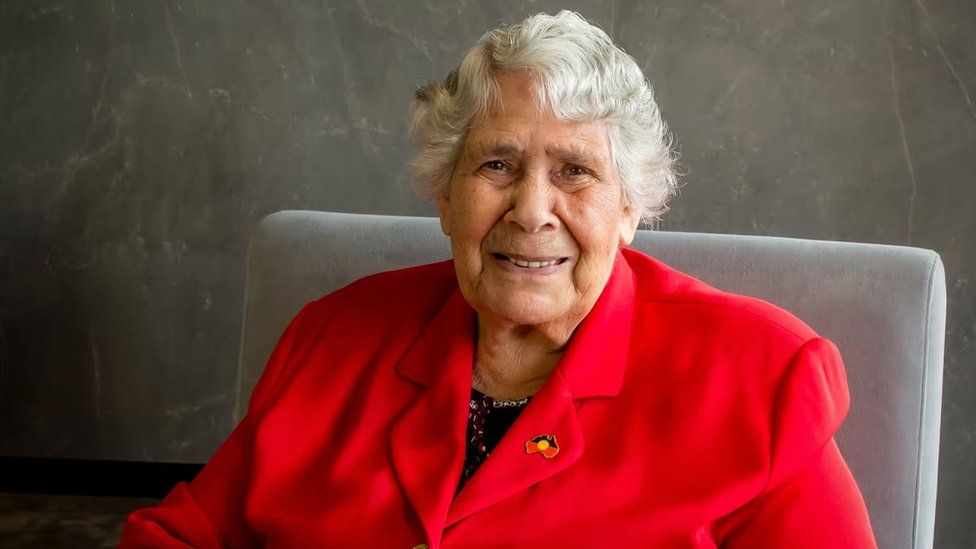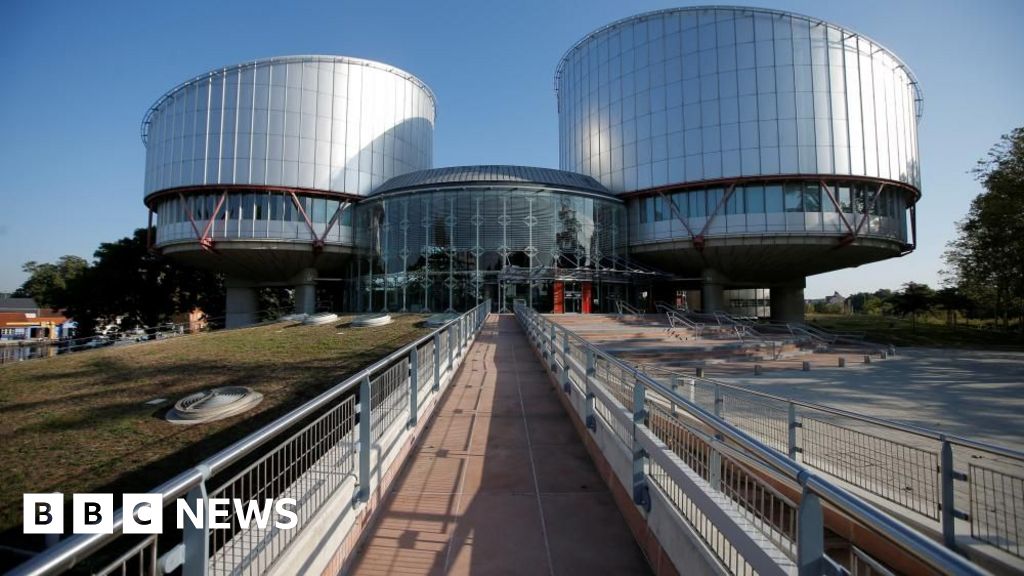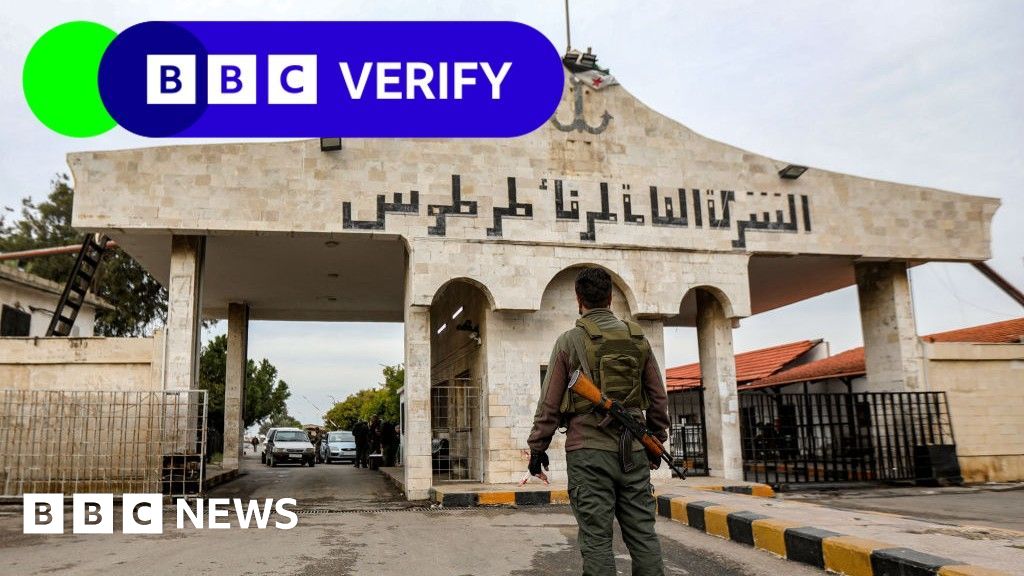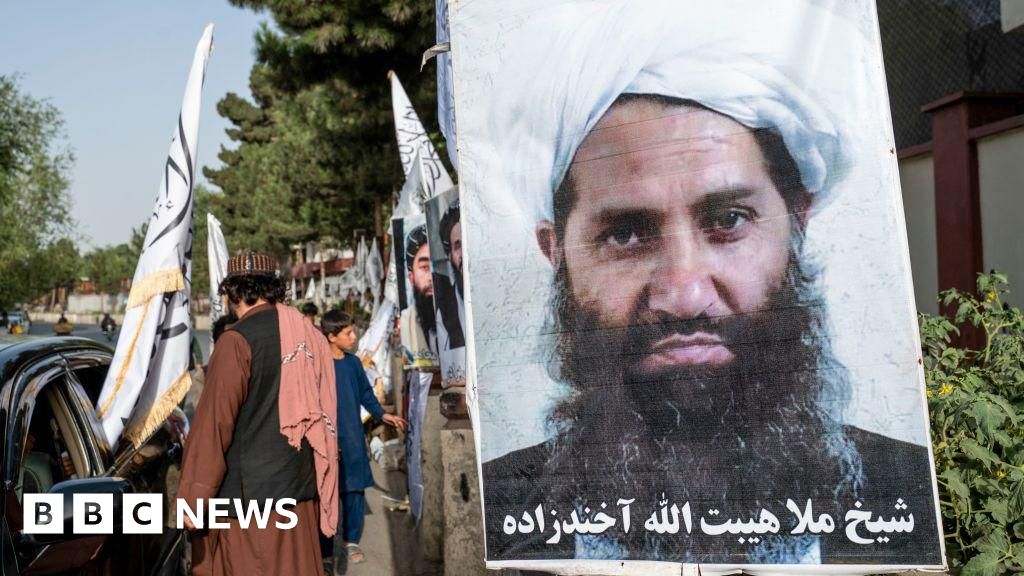ARTICLE AD BOX
 Image source, Leanne King
Image source, Leanne King
Lowitja O'Donoghue was a trailblazer for Indigenous rights
By Tiffanie Turnbull
BBC News, Sydney
One of Australia's most revered Aboriginal leaders Lowitja O'Donoghue has died, aged 91.
Dr O'Donoghue spent her life advocating for the health and rights of Aboriginal and Torres Strait Islander people.
She received some of the nation's top honours for her pioneering work and in 1984 was named Australian of the Year.
Prime Minister Anthony Albanese is among those who have paid tribute to her, as a figure of "grace" and "moral clarity".
She had an "abiding faith in the possibility of a more united and reconciled Australia", despite enduring discrimination from the "earliest days of her life", he said in a statement.
"Lowitja O'Donoghue was one of the most remarkable leaders this country has ever known," he added.
Note to Aboriginal and Torres Strait Islander readers: Dr O'Donoghue's name and image are used here in accordance with the wishes of her family.
Dr O'Donoghue's family said the Yankunytjatjara woman died peacefully on Sunday in Adelaide, and that she would be remembered "for all the doors she opened" and "arguments she fought and won".
Born in a remote corner of South Australia in 1932, Dr O'Donoghue was removed from her Aboriginal mother at the age of two as part of a series of now-infamous policies aimed at "assimilating" Aboriginal children into white families. Thirty years went by before the two were finally reunited.
She became the first Aboriginal nurse in South Australia - after challenging a decision to ban her from completing training because of her heritage.
After a decade of nursing, she then began a lengthy career in the public service, helping create and lead key Indigenous bodies and becoming the first Aboriginal person to address the UN general assembly.
In that speech in 1992, Dr O'Donoghue advocated for Aboriginal and Torres Strait Islander people to be recognised in Australia's constitution as the continent's original inhabitants - a reform brought to a referendum last year but defeated.
She was also instrumental in negotiating Australia's historic Native Title legislation which granted land rights to First Nations people, and in the successful 1967 referendum which saw them included in the national census.
"We have to solve our differences and live together as Australians… Together, we can build a remarkable country, the envy of the rest of the world," she said when accepting her Australian of the Year award.
Along with a bevy of Australian accolades, she was appointed a Commander of the Order of the British Empire and awarded a papal honour from Pope John Paul II.
Prominent Aboriginal leaders - including Marcia Langton, Noel Pearson, and Indigenous Affairs Minister Linda Burney - have paid tribute to Dr O'Donoghue as a giant of Indigenous rights.
"Her leadership in the battle for justice was legendary," said former Senator Pat Dodson, who is known as "the father of reconciliation".
"Her intelligent navigation for our rightful place in a resistant society resulted in many of the privileges we enjoy today."
The South Australian government has offered Dr O'Donoghue's family a state funeral.
Her legacy continues through the work of her foundations, such as The Lowitja Institute - a research body dedicated to advancing Indigenous health outcomes.

 11 months ago
89
11 months ago
89








 English (US) ·
English (US) ·